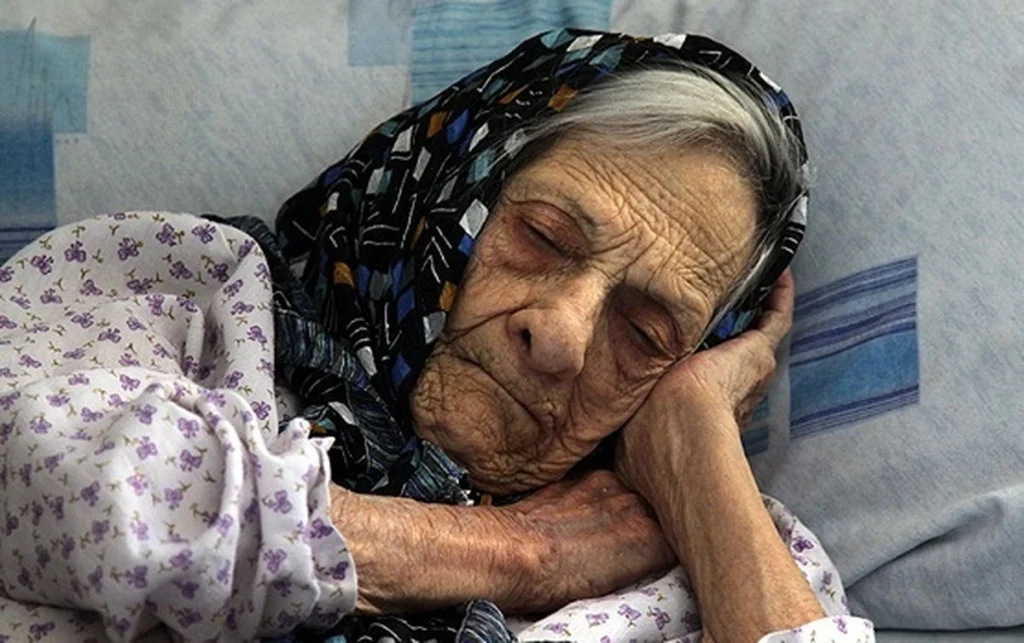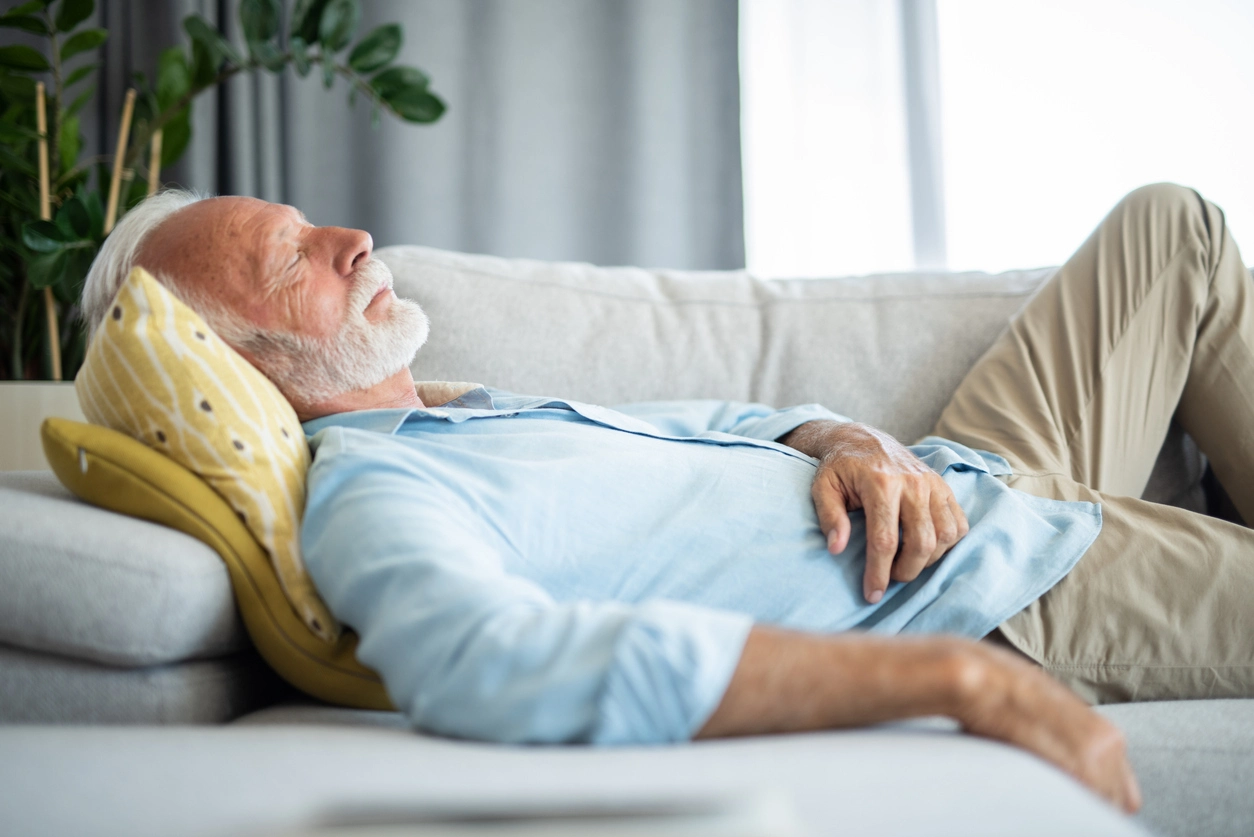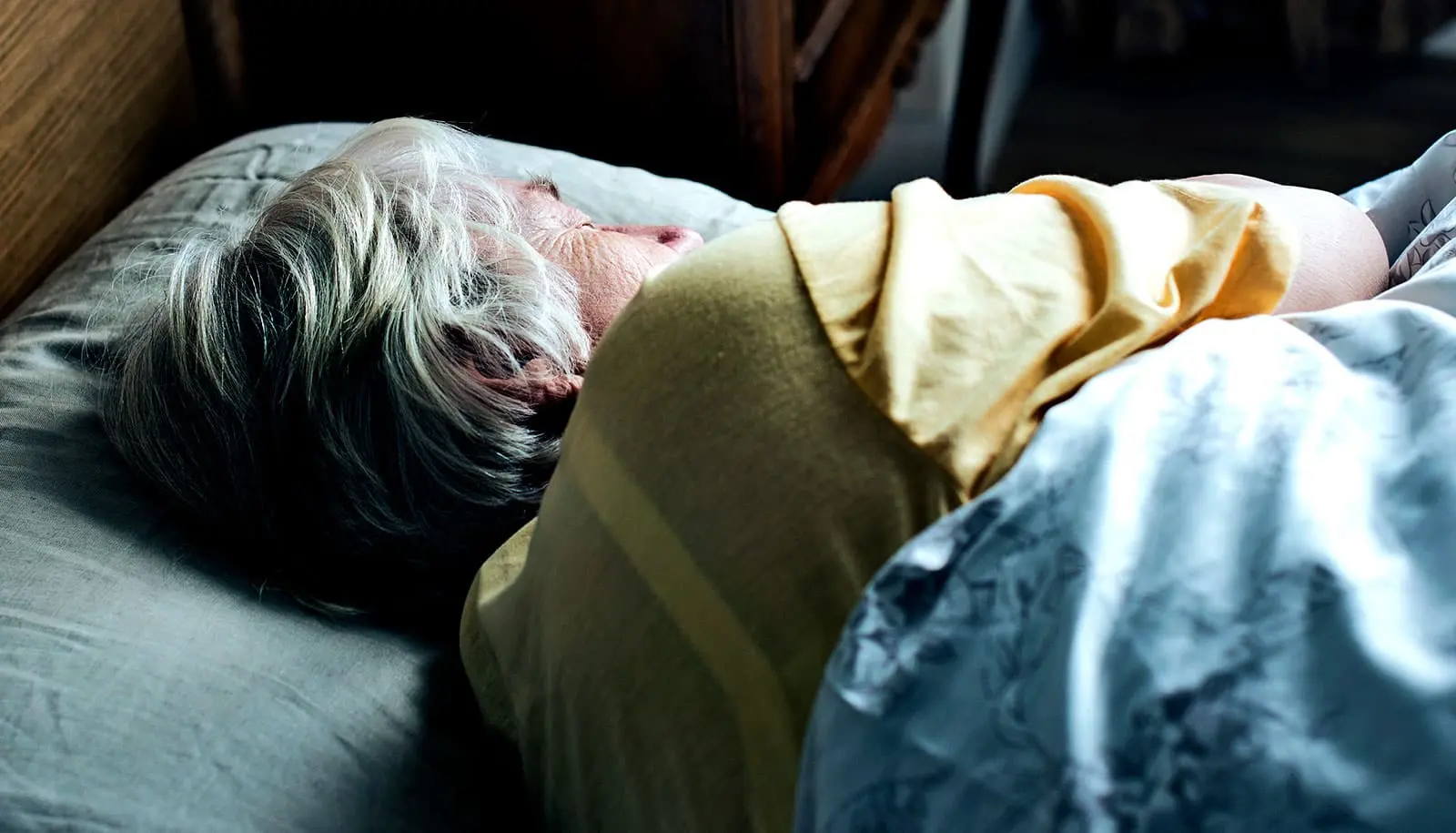
Fatigue in Older Adults + Treatment Methods
Fatigue in older adults is one of the topics that most people who have elderly people in their family need. The reason for fatigue in the elderly is often thought to be due to their age and lack of ability. This belief is incorrect and there are reasons for fatigue that can be treated. Fatigue is a symptom of aging that is generally ignored.
Also, the causes of fatigue in the elderly are related to other issues. If left untreated, fatigue in the elderly can lead to other problems. In this article from humanhealthmag, we will discuss methods for treating fatigue in the elderly.
What Is Meant by Fatigue in Older Adults?
Before talking about fatigue in older adults, let’s first get acquainted with the concept of fatigue. Fatigue is a word used to describe a feeling of lethargy or lack of energy. Anemia occurs when the number of red blood cells is low. In such a situation, the body has to work harder to send the necessary oxygen to the cells. As a result, additional pressure is placed on the body, which can lead to fatigue. In many elderly patients, these symptoms are used interchangeably. Therefore, it will be difficult for the doctor to correctly diagnose the causes of fatigue in the elderly and whether there is a need for intervention.

Elderly fatigue also has several causes that can be due to physical, psychological and environmental reasons. One of the common reasons is the decrease in physical activity that occurs with age and leads to a decrease in muscle endurance and weakness. Chronic diseases such as diabetes, high blood pressure, heart disease and arthritis can also cause fatigue. Psychologically, depression and anxiety can reduce energy in older adults and cause them to feel tired. In addition, decreased social relationships and fear of loneliness in the elderly can negatively affect energy levels. Some older women complain that My Husband Sleeps All Day, which can be caused by these factors.
Symptoms of Fatigue in Seniors
Fatigue in older adults can occur due to several underlying problems. Fatigue in older adults occurs when the body’s metabolism, oxygen supply, hormone levels, or mental and emotional state are disrupted. Some of the most common signs of fatigue in older adults include:
- Physical fatigue: Older adults may have difficulty completing their normal activities, which may require more time to rest.
- Mental fatigue: Mental fatigue in older adults may manifest as decreased alertness, decreased concentration, and forgetfulness. Symptoms may also affect older adults emotionally, making them more irritable and easily angered.
- Anemia in older adults is a cause of fatigue in older adults: Anemia occurs when the number of red blood cells is low, which means the body has to work harder to deliver oxygen to the cells. This puts extra strain on the body, especially in older adults. This condition can lead to fatigue.
- Sleep disorders in the elderly: Sleep disorders such as sleep apnea disrupt the human sleep cycle and can prevent the elderly from experiencing a sense of adequate rest. Lack of proper sleep over the long term can be a cause of fatigue in older adults.
- Thyroid problems are a cause of fatigue in the elderly: Hypothyroidism is more common in the elderly, and people with hypothyroidism may experience other issues such as weight gain, constipation, and hair loss in addition to feeling tired.
- Inflammatory disorders in the elderly: Issues related to inflammation such as rheumatoid arthritis and lupus can cause fatigue in older adults and joint stiffness and pain.

Difference Between Sleepiness and Fatigue
The term fatigue in older adults refers to a condition in which an elderly person is unable to perform their daily tasks and duties, and this process develops gradually and over time. Many people use the term sleepiness instead of fatigue, while elderly fatigue and sleepiness are very different. Sleepiness is a condition in which the elderly’s sleep-wake system is affected for various reasons, including stress and high workload. This problem is generally treatable by adjusting sleep time and does not cause serious problems in the elderly’s life.
Of course, sleep disorders in Alzheimer’s patients are different from the cases mentioned above. While elderly fatigue is a long-term and pervasive condition, and the elderly person, despite adequate rest and proper sleep, does not have the necessary motivation and energy to carry out their daily activities. In this case, all aspects of the elderly’s life are affected by this feeling and cause serious damage to the elderly’s life.
How to Treat Fatigue in Older Adults
To treat fatigue in older adults, you should first see a doctor to diagnose the cause of fatigue and determine its exact cause. Once the main cause is identified and you understand that it is not related to the health of the elderly, you can use various techniques to treat fatigue and boost energy. For example, exercise may be the last thing on your mind when you are tired, but research has shown that physical activity in the elderly can increase energy levels and help treat fatigue in the elderly. Regular exercise in the elderly can improve the function of the heart, lungs and muscles and increase your endurance for other activities.

Lack of water in the body will cause fatigue and make it more difficult to perform daily activities in the elderly. Dehydration can also reduce alertness and concentration and cause sleepiness in the elderly. As a result, providing the body with the water it needs is important for both physical and mental health in the elderly. Adequate sleep also prevents the experience of feeling tired and sleepy, which can affect the daily functioning of the elderly. If a senior is not getting enough sleep at night, a short nap during the day can help boost their energy. Additionally, being overweight or obese causes the body to lose more energy. As a result, losing weight can increase energy levels.
Concluding Remarks
In conclusion, we can say that fatigue in older adults is a common problem that can affect their quality of life. There are several strategies for managing fatigue in older adults. These strategies include regularly scheduling appropriate physical activity, eating a healthy and varied diet, getting enough sleep, managing stress through relaxation exercises such as yoga and meditation, and seeking medical advice to diagnose and treat underlying conditions. Paying attention to these tips can help reduce fatigue in older adults and improve their quality of life.
We’re curious to hear your thoughts! What’s your take on this topic? Comment below and join the conversation; your opinion could spark new ideas!

Frequently Asked Questions
What is the Most Common Cause of Fatigue in the Elderly?
The most important causes include decreased physical activity that occurs with age, which leads to decreased endurance and muscle weakness.
What Should be Controlled to Prevent Fatigue in the Elderly?
Things such as sleep, dehydration, depression, alcohol and caffeine consumption should be controlled.
What are the Signs of Excessive Fatigue in the Elderly?
The cause of lethargy in the elderly is chemotherapy and radiation therapy and recovery after major surgery. Infections, chronic diseases such as diabetes, heart disease, kidney disease, liver, thyroid can also cause fatigue in the elderly.
